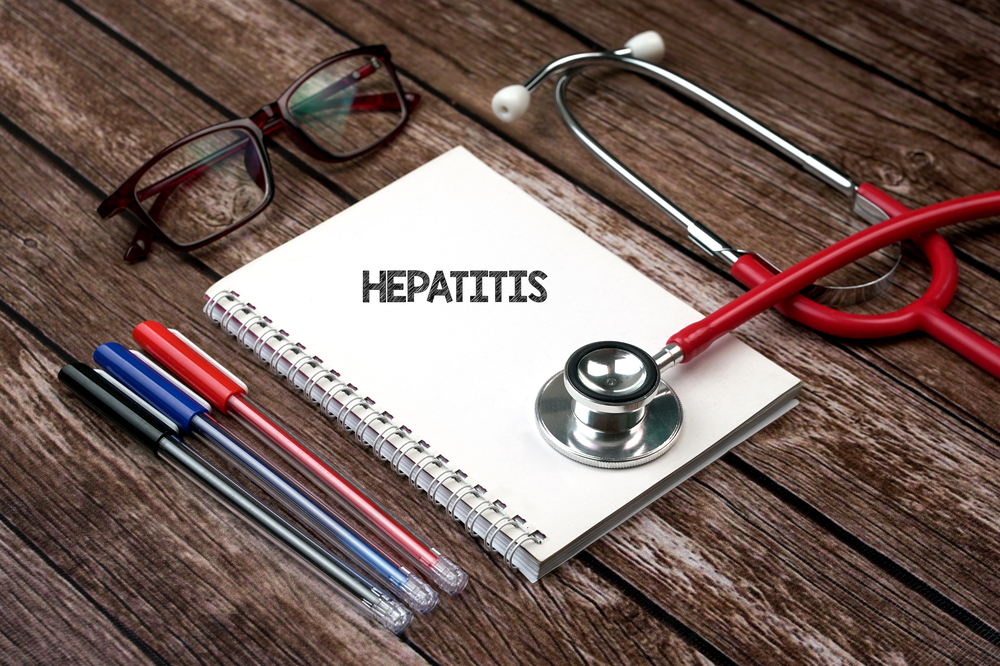Comprehensive Guide to Colorectal Cancer: Causes, Symptoms, and Advanced Treatments
This comprehensive guide explores colorectal cancer, covering its causes, risk factors, early symptoms, and the latest treatment options. It emphasizes the importance of early detection, regular screening, and lifestyle changes to prevent and manage this widespread disease. Advances in medical treatments and preventative strategies offer new hope for patients, making awareness and proactive health decisions more critical than ever. Stay informed to protect yourself and loved ones from colorectal cancer's impact.

Comprehensive Guide to Colorectal Cancer: Causes, Symptoms, and Advanced Treatments
Colorectal cancer, which includes cancers of the colon and rectum, is among the most prevalent and serious health challenges worldwide. Its development is often linked to lifestyle factors, genetic predispositions, and other underlying health conditions. Although initial stages may be asymptomatic, the disease can progress silently before manifesting as serious symptoms. Understanding the causes, recognizing early warning signs, and exploring the latest treatment options are essential steps in improving patient outcomes. This comprehensive overview covers everything you need to know about colorectal cancer, from risk factors to cutting-edge therapies.
Understanding the Causes of Colorectal Cancer
The primary cause of colorectal cancer involves genetic mutations that lead to abnormal cell growth in the colon or rectum. These mutations can be inherited or acquired over time due to environmental and lifestyle influences. Genetics play a significant role, with inherited syndromes such as familial adenomatous polyposis (FAP) and Lynch syndrome markedly increasing risk. In addition, lifestyle choices—such as a diet high in red or processed meats, low fiber intake, smoking, excessive alcohol consumption, and lack of physical activity—contribute heavily to the development of this disease. Chronic inflammation of the bowel, often seen in conditions like Crohn's disease or ulcerative colitis, also predisposes individuals to cancerous changes in the bowel lining. Understanding these causes helps in early identification and prevention strategies.
Major Risk Factors for Colorectal Cancer
Risk factors for colorectal cancer extend beyond genetics and diet. Age is a critical determinant, with the incidence markedly increasing after the age of 50. Personal or family history of colorectal polyps or cancer heightens the risk, emphasizing the importance of screening for early detection. Other factors include obesity, sedentary lifestyle, type 2 diabetes, and certain racial and ethnic backgrounds that show higher prevalence rates. Lifestyle modifications, such as maintaining a healthy weight, engaging in regular physical activity, limiting alcohol and tobacco use, and consuming a balanced diet rich in fruits, vegetables, and fiber, can significantly reduce risk. Additionally, staying vigilant with routine screenings like colonoscopies can catch precancerous lesions early, preventing the progression to full-blown cancer.
Recognizing Early Symptoms of Colorectal Cancer
One of the challenges with colorectal cancer is that it often begins without noticeable symptoms. However, as the tumor grows, several early warning signs can emerge. These include persistent changes in bowel habits such as diarrhea, constipation, or narrowing of the stool. Rectal bleeding or blood in the stool, abdominal discomfort, unexplained weight loss, fatigue, and a feeling of fullness are common symptoms that should prompt medical consultation. Changes in stool appearance or consistency, including black or tarry stools, can also indicate bleeding within the gastrointestinal tract. Early detection through regular screenings and awareness of these signs can lead to timely diagnosis and more effective treatment options.
Current Treatment Options for Colorectal Cancer
The treatment landscape for colorectal cancer is continually advancing, offering patients more personalized and effective solutions. The choice of treatment depends on the stage of the disease, overall health, and specific tumor characteristics. Surgical intervention remains the primary treatment, especially for early-stage cancers, involving removal of the cancerous segment of the colon or rectum, often with surrounding lymph nodes. In advanced cases, surgery may be combined with chemotherapy and radiation therapy to shrink tumors and destroy residual cancer cells. Targeted therapies and immunotherapy are increasingly used for specific genetic mutations present within tumors, improving efficacy and reducing side effects. Recent innovations such as minimally invasive laparoscopic surgeries and robotic-assisted procedures have reduced recovery times and improved outcomes. Early diagnosis remains critical, making regular screening and awareness vital components of colorectal cancer management.
Importance of Early Detection and Prevention Strategies
Preventive measures and early detection are key to reducing colorectal cancer mortality. Routine screening tests such as colonoscopy, flexible sigmoidoscopy, and stool-based tests can identify precancerous polyps and early-stage cancers before symptoms develop. These screenings are recommended for individuals aged 45-50 and above or earlier for those with significant risk factors. Lifestyle modifications, including a high-fiber diet, regular exercise, smoking cessation, and moderation of alcohol intake, contribute to prevention. Vaccinations against preventable infections like human papillomavirus (HPV) may also play a role in reducing overall cancer risk. Public awareness campaigns and accessible screening programs are vital to encouraging participation and early intervention, ultimately saving lives and improving quality of life for those affected.
Conclusion: A Call to Action for Awareness and Prevention
In conclusion, colorectal cancer remains a significant health concern worldwide, but awareness and early intervention can dramatically improve outcomes. Recognizing risk factors, watching for early symptoms, and participating in routine screenings are vital steps everyone should take. Advances in surgical techniques, targeted therapies, and immunotherapy have transformed treatment options, offering hope to many. Prevention is equally important, with lifestyle changes playing a crucial role in reducing risk. Healthcare providers, public health agencies, and patients must work together to promote education, screening, and healthy habits. By staying informed and proactive, we can reduce the burden of colorectal cancer and save lives.





